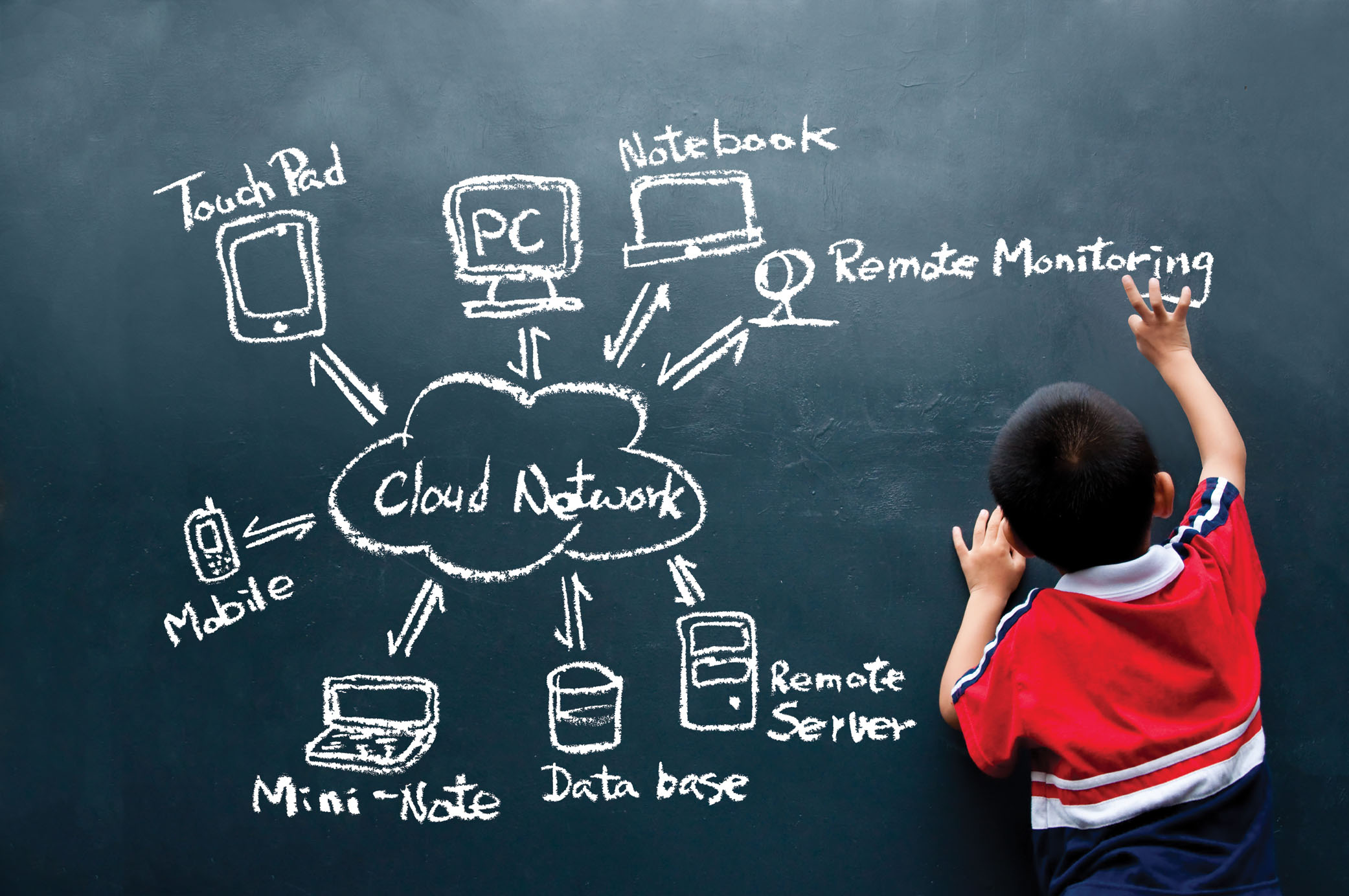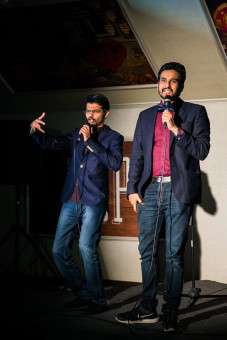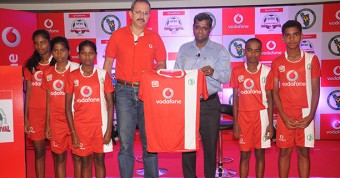Today’s Kids May Live To 120 And Hold Down 40 Jobs
But Who’s Preparing Them For It?
Let’s Educate Children For The Technological Age, Not The Industrial One!
A new study out this month predicts our children will probably work till they are 100, and live till 120. That means a child born today will retire in 2115, from a world we can barely imagine.
Rohit Talwar, Chief Executive at the consultancy firm Fast Future, presented his findings to a conference of Head Teachers from the world’s leading independent schools in the UK last week. He concluded children should prepare to have about 40 jobs over a lifetime, spanning at least 10 different careers.
The idea that a job is for life has clearly gone out the window. Now we need to prepare children for a future we cannot even envisage.
The truth is – the future is a tricky thing. We are in an intense relationship with an unknown entity. It does not perform in ways we expect. It has its own intelligence and volition which is both a mystery and a danger to us. Most of us when we think about the future experience a wave of fear…for all these reasons.
Even people at the top of their game are unable to gauge future growth. In 1945, just 70 years ago, the then Head of IBM Thomas Watson declared “I think there is a world market for maybe five computers” (and they would be as large as a house). And Darryl Zanuck, executive at 20th Century Fox, was adamant there was no market in television because “people will soon get tired of staring at a plywood box every night.”
The corporate buzzword for this incalculable state of affairs is a ‘VUCA’ world, which stands for ‘volatile, unpredictable, complex and ambiguous’ – a term coined by the US Military at the end of the Cold War to describe a political landscape that was no longer bilateral, but multilateral. In other words, a world on the verge of exploding global change.
If government and business ideologies are acknowledging this new paradigm, is education doing the same? Because let’s face it, we’re just in the shallows right now. It’s our children who are going to be fully hit with the VUCA wave. So are we really preparing them for it?
An honest answer is no, we are not. We are using outdated models of the past to deal with unknowable outcomes of the future. Most education systems are archaic and were built to meet the demands of the Industrial Revolution, 200 years ago. They are designed to create good ‘workers’, who are obedient, pliable, non-questioning and willing to be led. Memorising dry rivers of facts and meaningless data that will never be actually used outside of the abstraction of the educational system is the methodology to keep minds chained to such a system. Being graded on how well you do at it creates the fear that you must succeed. There is no room for individuality, flair, creativity, passion, discovery. It is the suppression of the self, not the celebration of it.
And yet passion, creativity and flexible thinking are exactly what’s called for in today’s changing society. The promise of old-style education – get a good degree and you’ll get a good job – is a failing myth.
In the next 30 years, according to UNESCO, more people worldwide will be graduating through high levels of education than since the beginning of recorded history. Yet graduate unemployment has never been higher, especially in Asia. One in three graduates is unemployed in India according to the Labour Ministry’s recent figures. Of the jobs that do exist here, more than 60 percent of employers say graduates simply don’t have the talent base or relevant skills to fulfill their positions.
In short, this manufacture-line of academia is churning out highly-schooled, ultra-educated, unemployable people.
How can we create more relevance here? It’s quite straightforward. Educate children for the Technological Age, not the Industrial one. This will fully activate all VUCA skills necessary, to not just survive chains of disruption, but actually thrive within them.
Kids today are born digital – it’s in their DNA. They know how to swipe an iPhone before they can walk. We should be harnessing their innate abilities in this area – but instead, we curtail them in schools where computers, tablets, smart phones are banned or strictly controlled. There is an inherent distrust of the web. The internet is only allowed in dribbles. Computer Science is taught from textbooks – not computers. My daughter has to know who invented the floppy disk (and all other components of computers) before she’s allowed near the on-button. Yet put a device in her hand and she’ll invent an app in no time.
Ask any cutting-edge business leader what makes a meta-winner in a VUCA society and they will all say they have to be natural technophiles, able to innovate new worlds using digital means and react to change with lightning speed. That describes most 10 year olds in my book.
However, the Technological Age is not just about computers. It is also an approach to learning. The online platform is an open, collaborative, engaging arena where people can discover their interests, other people, all the world’s information. The military describes it as the fifth domain after air, land, sea, space. It possesses the dimensions of the real. It allows for great self-motivated journeying where curiosity is your most important teacher. And this perhaps is the most powerful gift of technology itself. Not what it does. But who we have to be, to use it best.
This is the major shift the world is in today. The move away from mass-production, one-size-fits-all employment (which even governments and economies are unable to generate) to highly individualised, diverse and passionate career paths that express people’s unique truths and capabilities.
That, more than anything, is the fuel that’s going to sustain this VUCA generation for the next 120 years of their existence.
I believe a digital education is the means to get them there.
Shilpa Mehta is the founder of Paradise School Goa, began in the South but due North in 2016. She is a former television broadcaster for Discovery, BBC and Channel 4. Her aim is to modernise education in India and the world.
Shilpa Mehta, with her daughter India-Fire





